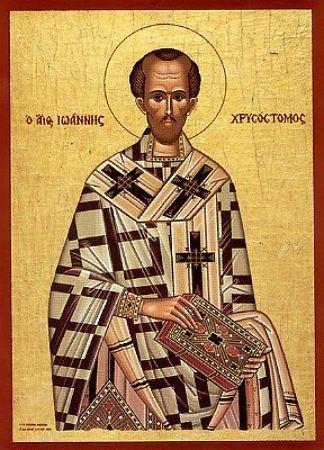Challies has got some kind of reading club going where they are studying Owen's work
Of the Mortification of Sin in Believers (in volume 6 of Banner's edition of his 'Works'). I thought I would tag along since I have been meaning to read this part of Owen's work. Having a sequence of deadlines can't be bad.
Of course, since Owen thought about his writing in Latin, but wrote English words, his sentence construction is a little odd. Rather like reading Yoda but in longer sentences.
I am a couple of weeks behind, but here is some thought on Chapter I.
SummaryIn this chapter Owen uses
Romans 8:13 as the starting point. He makes five points from this verse:
1. The conditional 'if' shows the certainty of the coherence between mortfying the flesh and living. The connection is that between means and end, not cause and effect. The end is that which is freely promised. The means is the mortification of the flesh.
2. The persons to whom this is promised are those who are in the Spirit (8:9-11). Pressing this injunction on anyone else is the fruit of a self-righteous spirit.
3. The efficient cause of the performance of the duty of mortification is the Spirit of God. Anything done by self-effort for the the purposes of self-righteousness is false religion.
4. The instruction is to mortify the deeds of the body. Three things need to be clarified:
a) the body: this is the corruption of our natures (i.e. indwelling sin) of which the physical body is a servant.
b) the deeds of the body: that is, the outward practices. However, Owen understands that the means of mortification of these deeds is to deal with the root cause, not simply chop off the branches.
c) mortify: indwelling sin is compared to a person ("the old man") who has to have the principle of life removed. It is slain by the cross of Christ. We are dead with this "man" when a new principle is placed in our hearts at regeneration. But the work is by degrees. The intention is that it may not issue forth in sinful deeds.
5. The promise of life. Not the essence of it, but the "joy, comfort and vigour of it".
Discussion
Owen immediately confronts us with an issue that we rarely consider in the modern day. And if any of us do consider it, we do so in a superficial way.
Firstly, many of believe that holiness of life just happens. I am a Christian, and now God will do the rest. I just need to dance around with joy while he does it. I suspect this idea comes from a misunderstanding of Rom 6:14: "...for you are not under law but under grace", which is often interpreted as not needing to be guided in life by any principles. However, this verse, and Owen bring us face to face with the command to mortify. It is something that we do.
Secondly, we think it is a matter of simply altering behaviour. Stop doing this or that. However, Owen shows that it is a much deeper problem. To mortify the deeds means destroying the motivating principle that gives rise to the behaviour. This can only be a spiritual work, achieved on the cross and applied at first in regeneration but continuing throughout life.
Interestingly, Owen does not understand 'to live' to be the giving of eternal life. If that were true, then I suppose we would be tempted to make salvation dependent on performance. Instead, Owen understands this to be the exercise of life. In other words, eternal life may exist, but the 'vigour, power and comfort' of it may be lacking without the mortification of sin. This is an important insight and probably explains why so much of Christian living seems so anaemic today.
 One of the things I have really enjoyed recently is being invited to attend the
One of the things I have really enjoyed recently is being invited to attend the 

